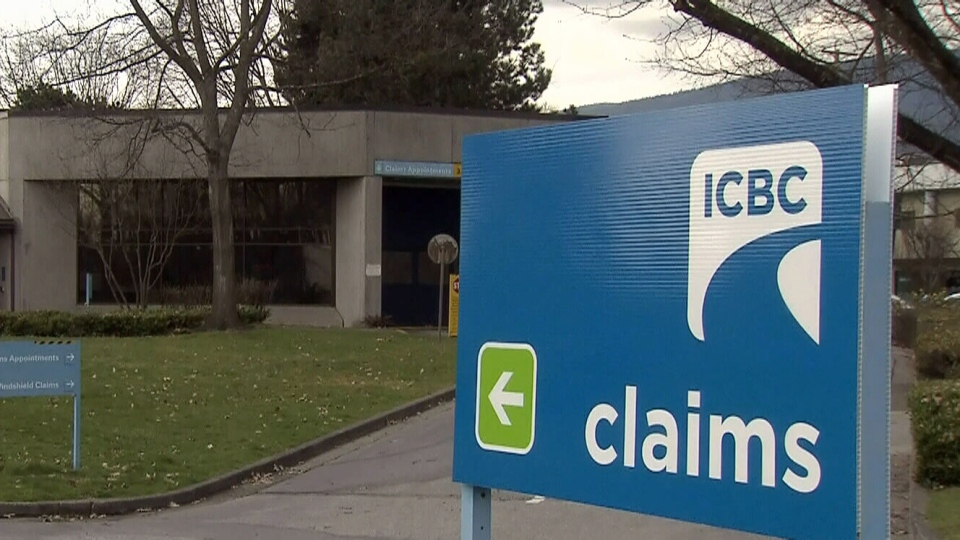
Recently, the Public Guardian and Trustee’s Office, a provincial government agency, contacted friends who operate Freedom’s Gate Equine Rescue Society to ask them to take in and rehome several horses that were owned by a person who had passed away. What this call means to me, as a lawyer, is that the deceased died without leaving a Will, had no real family members who were willing or able to help with the estate and did not make provisions for the horses in the case of death.
A Will is the legal document in which you appoint someone to look after your assets and ultimately distribute them to your beneficiaries after you die. In it, you name the person who should be in charge of your estate (your Executor, also now known as your Personal Representative), and you set out who gets your assets, including real estate, personal effects, bank accounts and even your livestock and pets. If you die without a Will, any family member could apply to be the person in charge (Administrator or Personal Representative) and provincial legislation sets out where your assets will go. If you are married, your spouse does NOT have the automatic right to handle or receive your estate. In the case I mentioned above involving the horses, the deceased apparently had no family members to help with these tasks, so the Public Guardian and Trustee had to become involved in managing the estate and dealing with the assets.
In a Will, my clients typically name an executor, an alternate, a guardian for their underage children, and list of beneficiaries who will receive their estate. In a situation where someone dies leaving a spouse and/or children, or perhaps other family members (such as siblings, if not married), my clients will often name one or more of those family members in a Will as Executor. If they die without a Will, those family members may be willing to step up and become the Administrator. The Executor or Administrator applies to the Court to be approved and appointed as the Executor or Administrator. Once appointed, they have the full power and authority to sell or distribute the deceased’s assets.
About 25 years ago, I was encouraged by my veterinarian to put clauses in Wills about pets, as she was tired of family members bringing them to her to be euthanized….perfectly healthy dogs and cats that family did not want. It started with a generic clause directing the Executor to give Fluffy to such and such a family member or to find a good home for them, preferably with family or a friend. However, our pets and livestock cannot wait for a Will to be located and the court appointment process to occur. They need to be cared for immediately. If someone has animals, they should try to arrange in advance for someone to feed and water their pets at the very least.
If the deceased ran a business involving animals (such as dog training or horse boarding), it is essential that arrangements be made for someone to look after those animals, to contact owners to offer them the choice to make alternative arrangements for their pets, and to respond to business calls. Hopefully, where there is a business involved, the deceased made arrangements for someone knowledgeable in the business to help out immediately.
Instructions regarding pets can be very detailed and are best not left in a Will. Your Will should state where your assets are to go, but it should not contain practical concerns such as what type of food Fluffy prefers and how often you feed her. In the case of pets, it is often better to leave those detailed instructions in a letter to your executor to be kept with your Will or with a copy of your Will where you keep your important papers at home. Better yet, if your Executor is a family member or friend, give them a copy of these instructions from time to time, so they know exactly what to do without delay and who to contact about your animals.
I have a client who is the perfect example of the worst case scenario. She has no spouse and no family (her parents and siblings are deceased). She had no children, but many furbabies, such as dogs, cats, and horses. I have helped her do her Will, with basic instructions as to the sale and distribution of her assets to distant relatives and charities. Aside from her Will, she has been working on a list of information about her assets and pets that will come in very handy for her Executor – everything from who to call at her bank, her account numbers, her various club and association memberships, who gets certain personal effects and art work, a short history of each pet, feeding instructions, who to call about certain registered pets and how to deal with her rescued animals.
When you are dealing with live beings, you need to make sure someone is available immediately. Even without the formal court appointment, the Executor is permitted to attend to those matters that are necessary after someone dies – such as arranging a service, securing their home, cancelling unnecessary utilities, caring for pets and livestock, among other things. Your Executor will need to know plenty of information about you that is not normally set out in a Will. This equally applies to the person you appoint by Power of Attorney to handle your financial affairs if you are injured or ill.
Without a Will, her assets will not be managed by the appropriate person and they will not go to those relatives and charities that she prefers. With a little bit of work in advance, she can rest easy, knowing that her assets will be properly distributed and her furbabies will be well cared for in loving homes.
Leanne Rutley has been a lawyer for 30 years and practices with the firm of Nixon Wenger LLP in Vernon, BC. She has extensive experience dealing with the administration of estates and the care of furbabies. She is also a Director/Foster Mom for Colour Me Canine Rescue Society.





